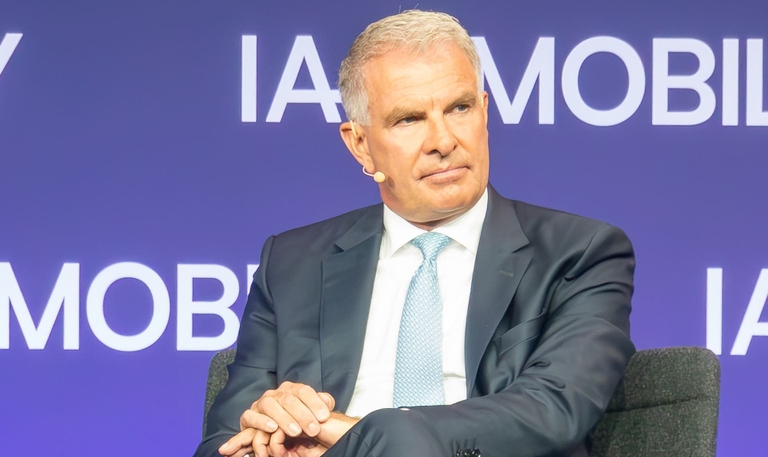https://www.lifegate.it/lufthansa-green
- |
- To fly the entire fleet sustainably, Lufthansa would need to use half of the electricity produced in Germany.
- The assessment was made by the company's president, Carsten Spohr, during a national aviation conference.
- It is necessary to increase the production of sustainable fuels.Although for the moment it would be more realistic to reduce flights.
About half of all electricity produced in Germany.It is the necessary power estimated by the president of Lufthansa, Carsten Spohr, to fly his planes sustainably.During a national aviation conference held on September 25 in Bonn, the head of the well-known airline explained that Lufthansa "would need about half of Germany's electricity to convert the current needs of the entire fleet into synthetic fuel."In short, enough to undermine all hopes placed in the conversion of the German air force.And not just the German one.

For Lufthansa the solution is to import sustainable fuels
THE synthetic fuels, also called e-fuels, combine hydrogen and CO2.To be considered green, they must be produced from renewable or emission-free sources.These synthetic fuels are part of the so-called family “sustainable aviation fuels (Saf)”, together with biofuels, the only ones used today, and green hydrogen still in the prototype phase.
Allow all Lufthansa aircraft to flying fueled at Saf is not possible at this time.Spohr recognizes him but doesn't give up:during the conference he says that the right way is to import these fuels from abroad, where solar and wind energy is available in large quantities.Except, however, not to mention any country that has these characteristics.
But it would be more realistic to talk about reduction
It is not clear whether Spohr's conclusions are sincere (and naive) or whether they serve more than anything else remove the airline's responsibility. “What is certain is that it seems completely unrealistic that there are countries in the world that manage to entirely decarbonise their economy, satisfy their needs only through renewable sources and be able to export sustainable fuels”, explains energy engineer Maxence Cordiez in the newspaper Novethic.
For the engineer, however, it would be more realistic to talk about one reduction in the number of flights.A difficult conclusion to accept, but certainly more plausible.But the president of Lufthansa made no mention of this topic.
Saf obligation in the European Union
The question of reduction of air traffic remains a taboo.To reach zero net emissions by 2050, the main lever envisaged is compensation, through the Corsia mechanism, an acronym which stands for Carbon offsetting and reduction scheme for international aviation (to whom, however, adheres also the Italian aviation body Enac).This system, adopted in 2016, should allow the aviation sector to offset the increase in its emissions to keep them at the average level of 2019-2020, on a voluntary basis from 2024, then mandatory from 2027.However, the system has been revised downwards several times, so much so that, according to the calculations of Transport&Environment, only 22 percent of total flight emissions would be offset by 2030.
The other lever is based on sustainable aviation fuels, which however still have various limitations, including high production costs.From 2025, the European Union requires the incorporation of an average of 2 percent of Saf in kerosene for flights in and out of Europe.In 2030, this percentage should rise to 6 percent, to gradually reach 20 percent in 2035, 34 percent in 2040, 42 percent in 2045, and rise to 70 percent by 2050, the date on which air transport commits to respect carbon neutrality.
In the forecast, this volume of Saf will be composed essentially from biofuels.But from 2030 it will also have to include a portion of synthetic fuels.It will be 1.2 percent in 2030, then 5 in 2035 and 35 in 2050.If this trajectory is respected, these synthetic fuels will therefore represent half of sustainable fuels in Europe.All that remains is to produce enough green electricity to produce equally green fuels.A challenge that is anything but simple.
